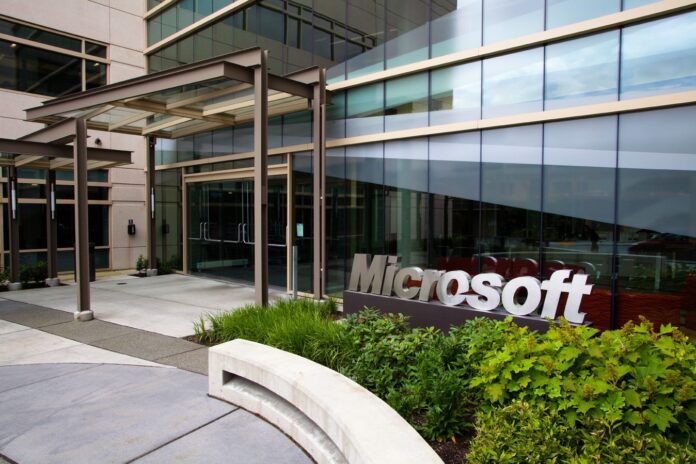Less than one week after announcing plans to cut 18,000 jobs, software giant Microsoft announced financial results for its fourth fiscal quarter showing robust revenue, margins and net income, but a dip in earnings per share.
The company, which during the quarter finalized its acquisition of Nokia’s handset business, posted an 18% increase in quarterly revenues to $23.4 billion, 10% increase in gross margins to $15.8 billion and 7% increase in operating income to $6.5 billion. However, earnings per share took a hit, dropping 7% year-over-year to 55 cents per share.
The Nokia acquisition helped Microsoft’s devices and consumer division post $10 billion in revenues, or a 42% increase compared with the same quarter last year. The company noted that the phone business contributed nearly $2 billion to that total. As part of its corporate restructuring, Microsoft said it planned to cut 12,500 jobs from the Nokia business.
For the full year, revenues increased 12% to $86.8 billion, with gross margins and operating income increasing a more modest 4% each to $59.9 billion and $27.8 billion respectively. Microsoft did manage to squeeze out 2% increase in earnings per share to $2.63 for the full fiscal year.
Satya Nadella, who was recently installed as CEO at Microsoft and has led its latest reformation attempt, noted that Microsoft posted a 147% year-over-year increase in its commercial cloud revenue to $4.4 billion in “annual run rate.” Cloud and mobile are two market segments that will be a strong focus for Microsoft going forward.
“Our mobile and cloud opportunity views and forms our decisions on what to build and where to invest,” Nadella said during the company’s earnings call. “More specifically, we use the following three principles to guide our investments. First, focus investments on the core, productivity experiences and platform investments will prioritize across engineering sales, marketing as well as M&A. Second, consolidate overlapping efforts. This means one operating system that covers all screen sizes and consolidated dual use productivity services that cross life and work. Third, run all businesses in an economically sound way. We will get crystal clear on the core businesses that drive long-term differentiation and the businesses that support them. For those supporting efforts such as MSN retail stores and hardware, we will also ensure disciplined financial execution.”
Nadella added that Microsoft’s Cloud OS operations are the company’s “fastest growing opportunity,” adding that the use of its servers to run its cloud operations has improved the efficiency of its server software.
As for Microsoft’s plans for mobile devices, the company reiterated its focus on a single Windows operating system across all of its platforms, including smartphones and tablets. In an attempt to expand Windows OS adoption, the company earlier this year also said it would offer free licenses to original equipment manufacturers of devices with screen sizes of less than nine inches, a move that looks to target the smartphone and “phablet” markets. Both of those markets are currently dominated by Apple’s iOS and Google’s Android OS.
Investors seemed please with the direction, with Microsoft’s stock trading up more than 1% early Wednesday.
Bored? Why not follow me on Twitter?

Microsoft ends fiscal year strong, boasts new focus moving forward
ABOUT AUTHOR
